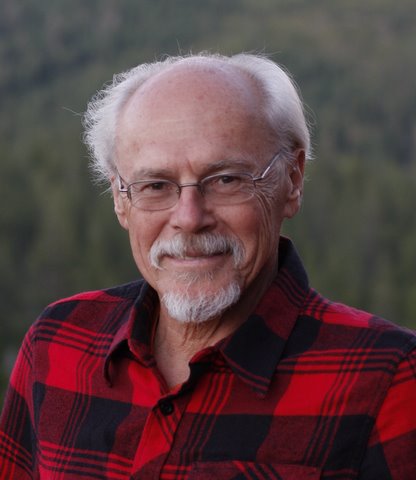The Scientific Worldview
Date: 2011-07-30 Time: 07:00 - 09:00 US/Pacific (1 decade 2 years ago)
America/Los Angeles: 2011-07-30 07:00 (DST)
America/New York: 2011-07-30 10:00 (DST)
America/Sao Paulo: 2011-07-30 11:00
Europe/London: 2011-07-30 14:00
Asia/Colombo: 2011-07-30 19:30
Australia/Sydney: 2011-07-31 01:00 (DST)
Where: Online Video Conference
This video conference used Fuzemeeting.
The meeting can be replayed by clicking this link:
https://www.fuzemeeting.com/replay_meeting/fccff073/1835082
Discussion
Your membership status does not allow you to participate in discussion or see all comments.
|
TSW Course Abstract
1 decade 2 years ago
[2011-07-26 20:09:59]
This course on ?The Scientific Worldview? (TSW) assumes familiarity with ?The Ten Assumptions of Science,? which were presented during previous video conferences (available on the NPA website). The assumptions also appear as Chapter 3 in TSW. Attendees are encouraged to follow along in the text in preparation for each conference. I recommend taking the short quiz on p. 345 before and after reading the book. Hopefully, your improved understanding of univironmental determinism will be obvious when you score both tests after finishing the book. The first video conference will start with:
Part I
Chapter 1 Introduction
We begin with the introduction to scientific philosophy, how it differs from the philosophy of science, and why we need determinism now more than ever.
Chapter 2 The Renaissance of Determinism
A short review of the determinism-indeterminism philosophical struggle from Democritus to Sartre, emphasizing its spiralic nature due to humanity?s ever-increasing contact with the real world.
Chapter 3 The Ten Assumptions of Science
A really short review showing their interconnections and the part played by infinity.
Chapter 4 Theory of the Univironment
Replacing systems philosophy and classical mechanism with a balanced consideration of the object (microcosm) and its environment (macrocosm).
Chapter 5 Neomechanics: The Reduction
How Newton?s laws work in an infinite universe with the advent of infinite universal causality. I will discuss acceleration and deceleration of microcosms, absorption of matter and motion, and the emission of matter and motion.
|



